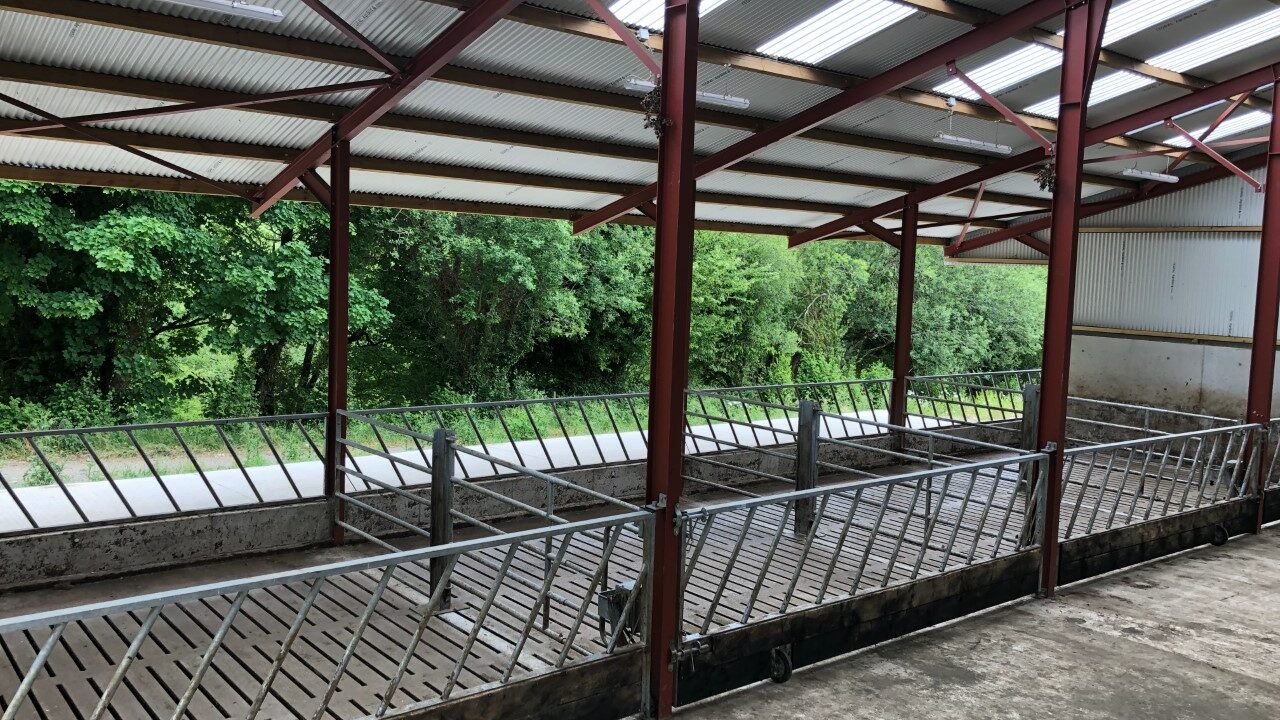It is safe to say most, if not all beef factories in Ireland have lost several of their larger, regular suppliers of finished cattle in recent years.
Many of these farmers switched their primary farm enterprise to dairy farming with the aim of securing a higher profit margin and a steadier income.
Profitability is the greatest driver of change in any farming sector and the number of farmers willing to ‘go at it again’ after a tough year in the beef finishing business is becoming fewer and fewer. Many of these finishers have already jumped ship and headed over to dairy production and arguably, rightly so.
Thankfully, 2022 was a good year for many beef farmers, however those that bought cattle during summer and finished them over the past eight weeks have been selling into a falling market and may well have lost money on this type of stock.
A lot of farmers that consider themselves beef farmers don’t actually finish cattle themselves. Instead, they have a preference for selling their cattle at the mart as either weanlings or store cattle.
In the same way suckler or dairy farming requires a particular skill set, finishing cattle requires a unique skill set and level of knowledge, and with margins so slim, only the toughest and most resilient can survive.
Without support payments, very few beef systems (weanlings, stores or finishers) would be feasible and a percentage of these payments is used on many of these farms simply to sustain production.
With skilled finishers leaving the sector, ‘new entrants’ is a term that is rarely heard in beef-farming circles and with margins increasingly difficult to secure, it begs the question: ‘Who will finish the cattle in years to come?’
Controlled Finishing Units (CFUs) are supplying a growing number of finished cattle for processing. Some, but not all of these are owned or controlled by factories.
However, the reality is that factories cannot supply all of their own cattle and will always be dependent on the vast majority of their overall supply of finished cattle to come from farmer suppliers.
Ireland is, geographically, in a prime position to supply fresh beef into the UK market, however to do this an adequate supply of finished cattle is required all year round.
The continued low margins from cattle finishing operations is as big a concern to beef factories, with regards continuity of supply, as it is to beef farmers.
There is no doubt that the supply of finished cattle is something processers are all examining closely to ensure the long-term viability of their business and solutions to current trends will have to be found.
Attracting more young farmers to finish cattle as opposed to selling stores is another area that will have to be examined by processors, as new management practices will have to be adapted to ensure climate targets for the beef sector are met.
There are many challenges that will have to be addressed to ensure the long-term viability of the Irish beef sector and the ‘same as usual’ approach days are quickly coming to an end as Irish agriculture faces huge changes over the coming years.
